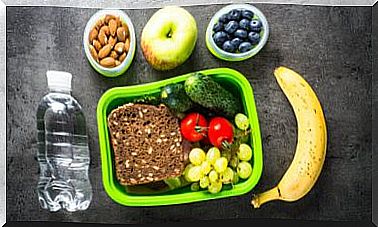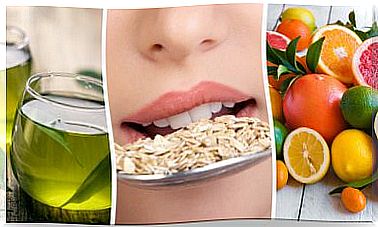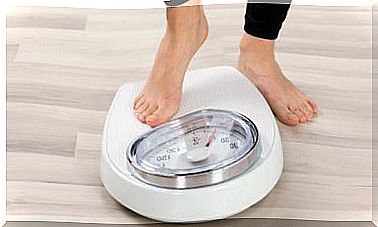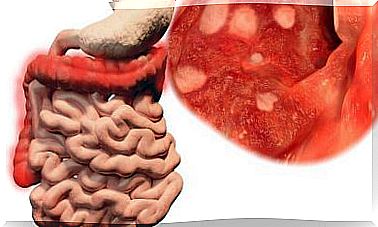2 Reasons Why Eating Fast Is Bad For Your Health
The speed at which we eat food influences the body’s response to it. Although this is a factor that is not taken into account in most diets, it is important. For this reason, we are going to present you below a series of reasons why eating fast is bad for your health.
Perhaps on some occasion you have heard that chewing food well improves digestion. The digestive process begins at the oral level, where the ingredients we consume are impregnated with saliva to form the food bolus.
Proper chewing allows food to begin to break down before reaching the stomach. Thus, the effort that this organ must make to dissociate nutrients is reduced.
2 reasons why eating fast is bad
There are more reasons, but today we are going to show you the 2 main ones, from a nutritional point of view, why you should eat more slowly. If you start this practice now, you will improve your general health. Take note.
1. The appetite is not effectively suppressed
Satiety, as a review in Applied Physiology, Nutrition and Metabolism shows , is a multifactorial condition. Mechanisms such as stomach distension influence it.
Blood glucose levels are also capable of determining appetite suppression. In any case, there are already glucose receptors in the mouth that, if properly stimulated, can trigger certain satiating physiological reactions.
For this reason, eating slowly increases the amount of glucose that can be absorbed in the mouth, thus generating a progressive suppression of appetite. People who chew food well, calmly, are less likely to eat excessive amounts later, which is helpful in controlling overweight.

Eating at high speeds complicates digestion and promotes overweight, by not satisfying the appetite.
2. The risk of gastric discomfort is increased
Many people suffer from digestive problems in the world. In the absence of any specific pathology that justifies them, these situations may be caused by poor chewing of food.
Eating very quickly does not allow the products to crumble in the mouth, so both the stomach and the intestine have to make a greater effort. This is reflected in a reduction in digestive speed, as well as an increased risk of discomfort.
On the other hand, swallowing food causes a certain amount of air to be swallowed. This situation is harmful for those who already have a tendency to generate flatulence at the intestinal level. In addition, the passage of all this gas along the digestive tract is capable of causing discomfort and pain.
There are several scientific investigations that link the formation of gas in the intestine with discomfort and even colic. For this reason, certain measures must be taken in this regard. One of them may be to take care of the intestinal microbiota. Another, eat more slowly.
Eating fast is frowned upon
Outside of nutrition, it should be noted that eating fast can be an act of rudeness. When sitting at the table, it is important to maintain basic rules of conduct that improve social relationships with our peers.
When we eat accompanied, it is necessary to eat food calmly, otherwise we could make some diners uncomfortable. Apart from improving health, with this behavior we manage not to generate discomfort among the people with whom we share a table.
We recommend that you set a minimum number of chews before swallowing each bite, in order to increase the time the food spends in the mouth. 20 times would be a good number. In this way, you manage to reduce the speed with which you eat, improving digestion and the concept that other diners have of you.
Also, you can get used to drinking a glass or two of water before sitting down at the table. With this practice, you calm your appetite, so you will reduce that anxious feeling that can lead you to swallow food.
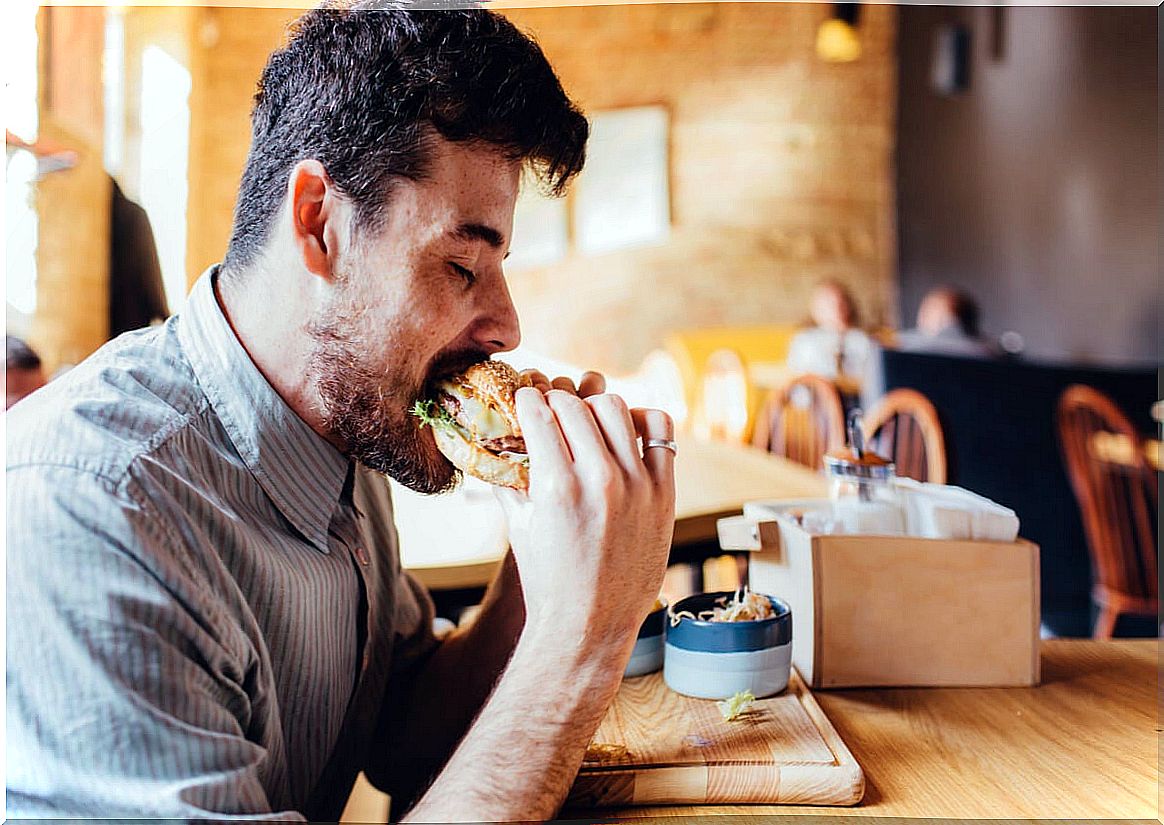
Eating fast is bad for your health: change this habit
As you have seen, eating fast is harmful to your health. Also in the framework of social relations. If you are prone to digestive discomfort, watch the time that food spends in your mouth, emphasizing chewing and salivation.
Otherwise, the amount of gas you swallow will increase. This will condition the appearance of pain at the intestinal level, which will be aggravated if you suffer from a dysbiosis process, or if you consume food with a weathering capacity.
Remember the strategy we have provided you. To eat more slowly, count the number of chews before swallowing food. Set yourself a minimum number and focus on meeting that goal.
Finally, we will highlight that good chewing can improve the assimilation and absorption of certain nutrients. Digestion begins in the mouth; if you skip this step, the body will suffer.
